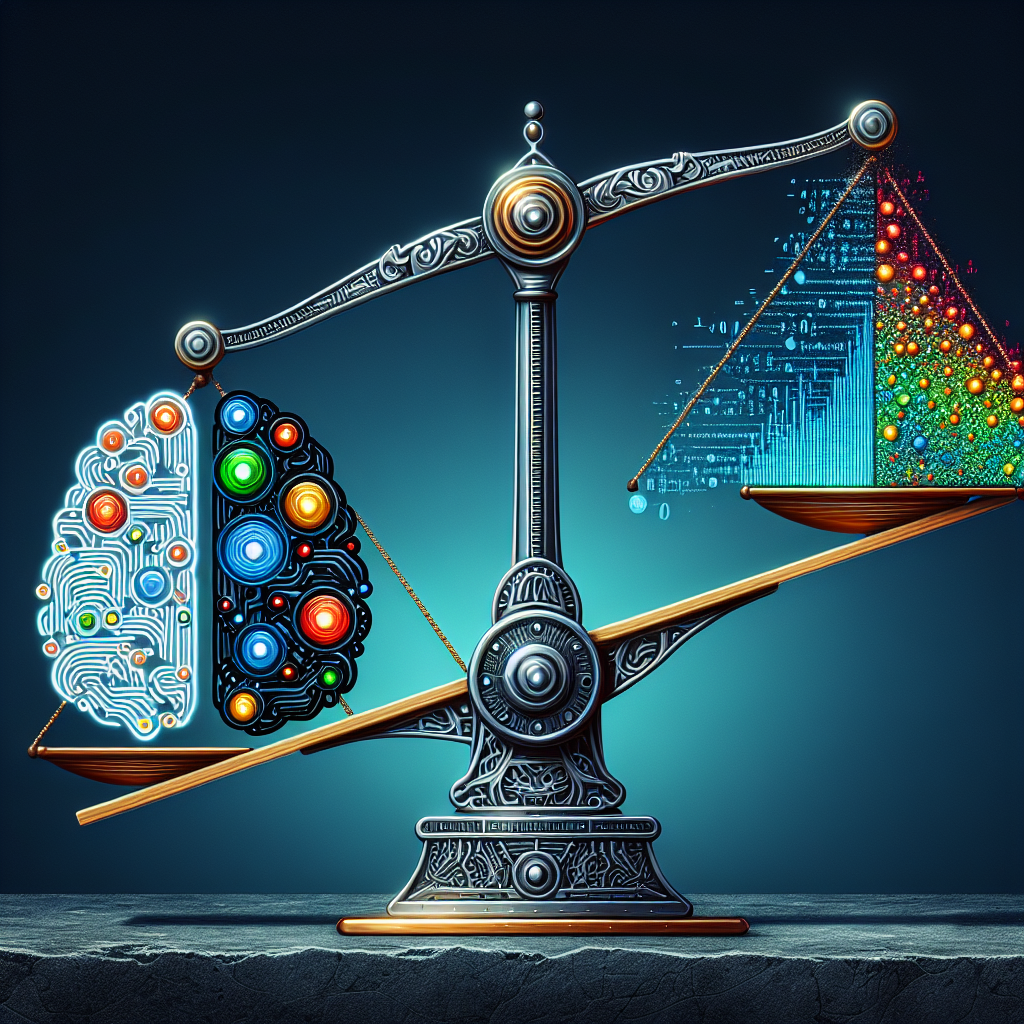Artificial Intelligence (AI) and Machine Learning (ML) are two of the most talked-about technologies in recent years, with both having a significant impact on various industries. While both AI and ML are often used interchangeably, they are distinct technologies with different capabilities and applications. In this article, we will explore the differences between AI and ML, and discuss which one is more innovative.
AI vs Machine Learning: What’s the Difference?
Artificial Intelligence refers to the simulation of human intelligence processes by machines, including learning, reasoning, problem-solving, perception, and language understanding. AI encompasses a broad range of technologies, including machine learning, deep learning, natural language processing, and computer vision.
Machine Learning, on the other hand, is a subset of AI that focuses on developing algorithms that can learn from and make predictions or decisions based on data. Machine learning algorithms are trained on large datasets to identify patterns and make predictions without being explicitly programmed to do so.
In summary, AI is the broader concept of machines being able to carry out tasks in a way that we would consider “smart,” while machine learning is a specific application of AI that enables machines to learn from data and improve their performance over time.
Which is More Innovative: AI or Machine Learning?
Both AI and Machine Learning have their own unique innovations and applications. AI, with its ability to simulate human-like intelligence, has the potential to revolutionize industries such as healthcare, finance, transportation, and more. AI-powered systems can analyze vast amounts of data, make predictions, and automate tasks that were previously done by humans.
Machine Learning, on the other hand, has seen rapid advancements in recent years, thanks to the availability of large datasets and powerful computational resources. Machine learning algorithms have been used to develop self-driving cars, personalized recommendation systems, fraud detection algorithms, and more. The ability of machine learning models to learn from data and improve their performance over time makes them highly innovative in their own right.
In terms of innovation, both AI and Machine Learning have their own strengths and weaknesses. AI, with its ability to simulate human-like intelligence, has the potential to revolutionize industries and drive new advancements in technology. Machine learning, on the other hand, has seen rapid advancements in recent years, thanks to the availability of large datasets and powerful computational resources.
Ultimately, the innovation of AI vs Machine Learning depends on the specific application and the problem being solved. In some cases, AI may be more innovative due to its ability to reason and make decisions like a human. In other cases, Machine Learning may be more innovative due to its ability to learn from data and improve its performance over time.
FAQs:
Q: What are some examples of AI applications?
A: Some examples of AI applications include virtual assistants (such as Siri and Alexa), self-driving cars, facial recognition technology, chatbots, and recommendation systems.
Q: How is Machine Learning different from AI?
A: Machine Learning is a subset of AI that focuses on developing algorithms that can learn from and make predictions or decisions based on data. AI is the broader concept of machines being able to carry out tasks in a way that we would consider “smart.”
Q: Which is more innovative: AI or Machine Learning?
A: Both AI and Machine Learning have their own unique innovations and applications. AI has the potential to revolutionize industries with its ability to simulate human-like intelligence, while Machine Learning has seen rapid advancements in recent years, thanks to the availability of large datasets and powerful computational resources.
In conclusion, both AI and Machine Learning are innovative technologies that have the potential to drive new advancements in various industries. While AI may have the ability to simulate human-like intelligence, Machine Learning’s ability to learn from data and improve its performance over time makes it highly innovative in its own right. Ultimately, the choice between AI and Machine Learning depends on the specific application and the problem being solved.

